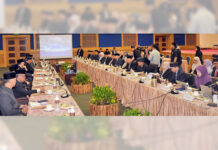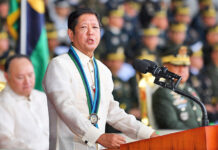ANN/THE KOREA HERALD – The recent drunk driving incident involving BTS’s Suga and the criticism he has faced have sparked discussion about why K-pop idols face such strict scrutiny. Experts point to the unique fan-idol relationship and the way entertainment companies treat idols more as products than individuals.
The domestic K-pop fandom is intense and deeply involved. Every K-pop group has a dedicated fandom that supports its idols in every conceivable way. When a group releases a new album, fans often purchase multiple copies to boost sales and help break records.
Many also follow their favourite groups on world tours, attending the same concert multiple times, and staunchly defend their idols during difficult times.
“K-pop fans are very active in engaging with the production system and believe that they provide fame and power to the singer. Bulk buying of physical albums is one example of strategically providing publicity to their favourite singer,” said a postdoctoral associate at the State University of New York at Buffalo who specialises in K-pop Stephanie Choi. She pointed to the power dynamic between fans and singers as another key factor.
The dynamic contrasts with the more top-down relationship between fans and singers in Western pop music, where the industry makes most of the decisions and audiences remain passive consumers.
Music critic Lim Hee-yun has likened the relationship between K-pop fans and idols to that of a romantic relationship. This explains the uproar earlier this year when Karina, a member of the popular girl group Aespa, was rumoured to be dating actor Lee Jae-wook – a reaction that many Western fans and media found puzzling.
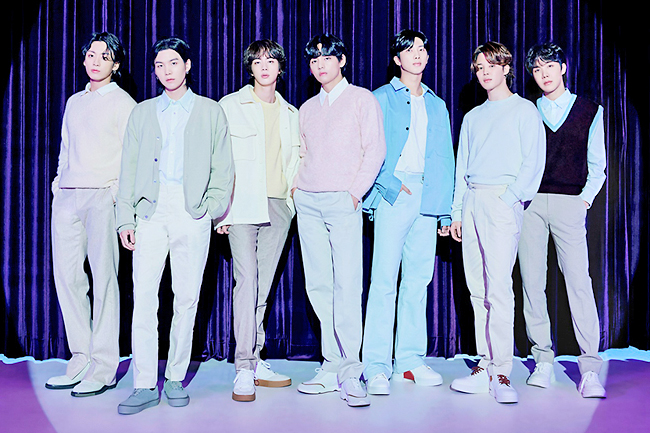
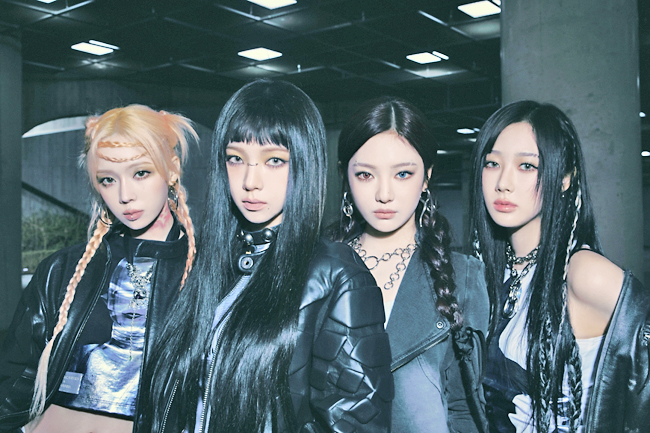
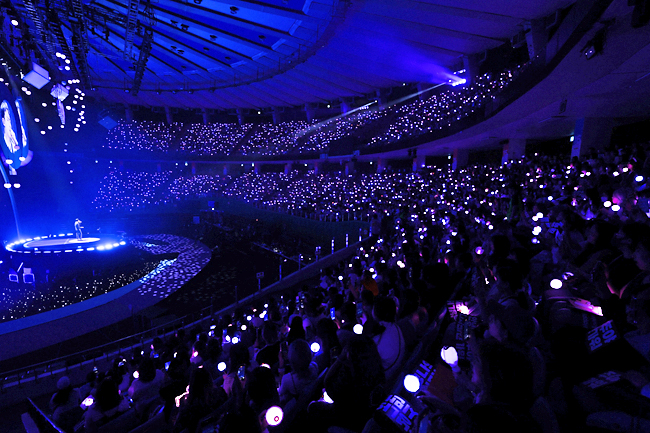
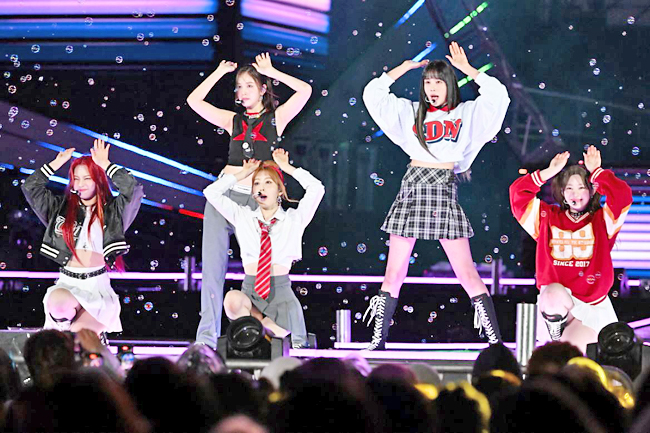
Several factors have contributed to the development of this fan culture in Korea.
Historically, older generations of domestic pop listeners from the 1970s and 1980s held entertainers to high moral and ethical standards. They viewed singers and actors as individuals who earned a living by ‘playing’, leading to the perception that these celebrities did not work as hard as others. This sentiment was reflected in the derogatory term ddanddara, used to refer to entertainers.
“In South Korea, after the Korean War ended in 1953, the country overcame poverty and pursued rapid economic development, achieving what is known as the Miracle on the Han River. During this period, there was a tendency to feel envy and jealousy toward celebrities who, despite not directly contributing to the nation’s industrialisation, enjoyed affluent lives. This sentiment often led to harsh criticism of their mistakes or wrongdoings,” Lim said.
This cultural context created an environment in which entertainers were often condemned more harshly for their misconduct than businesspeople or politicians, even though the latter also faced criticism. Lim is quick to point out that this attitude is not unique to Korea: In Western cultures, calling someone a ‘clown’ to express disdain shows a similar tendency to view entertainers with a degree of contempt.
The 1990s saw the rise of K-pop groups like H.O.T, Sechs Kies and S.E.S, formed through a systematic process of discovery and training. These idols were often treated like commodities by their agencies. Given the significant investment required to debut a K-pop group – estimated at between USD100,000 and USD500,000 in the 1990s and early 2000s – agencies were motivated to maximise profits.
Since idols are viewed more as products than as humans, they are strictly controlled.
They are not allowed to have relationships, and if they do, they must keep them hidden.
They can’t drink alcohol or frequent places like Itaewon. This is how their image is kept ‘pure’. By cultivating an image of loyalty exclusively to their fans, they sell albums and concert tickets. This strategy has been a critical element in K-pop,” Lim added.
However, Choi also suggests that the high moral standards imposed on K-pop idols may not be limited to Korea after all – given that each country has its own moral expectations and cultural norms that may not always be universal.
“Each country has its own history and power dynamics that others do not always understand. For instance, a few Hollywood celebrities are losing jobs for showing their support for Palestine, while dating abusers like Chris Brown remain active in the scene.
“Western celebrity culture is also obsessed with cancel culture these days,” Choi said. – Kim Jae-heun





